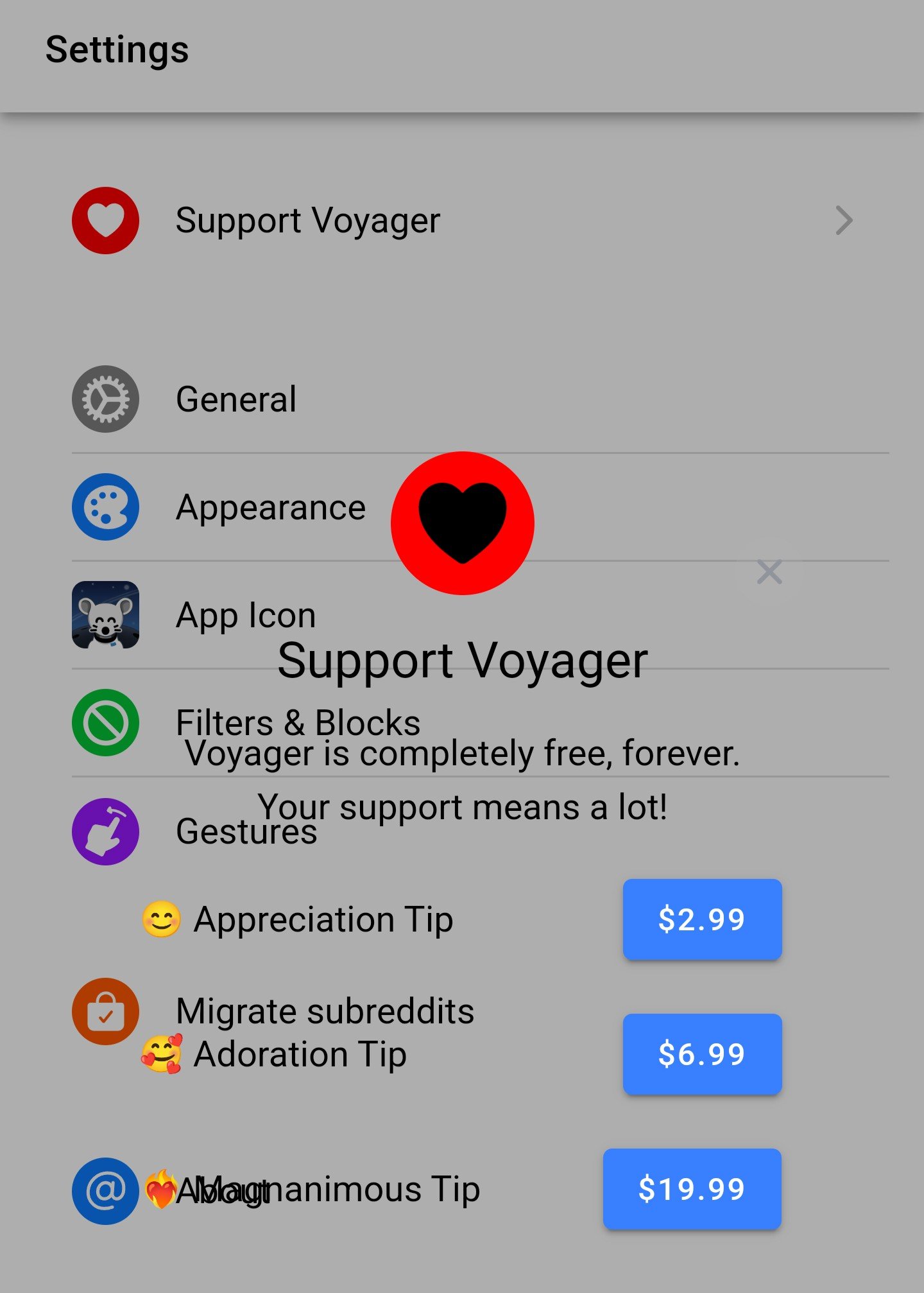And hopefully does something about. Disciplinary for the poor OPSEC and/or better resources to avoid it and/or better laws to stop this unfettered data collection and/or better training to avoid it in the future. Here's hoping. Holds breath
FutileRecipe
Depends. In my experience, it usually does exist. Now there are hallucinations where GPT makes up stuff or just misinterprets what it read. But it's super easy to read the GPT output, look at the cited work, skim works for relevance, then tweak the wording and citing to match.
If you just copy/paste and take GPT's word for it without the minimal amount of checking, you're digging your own grave.
I uploaded one of my earlier papers that I wrote myself, before AI was really a thing, to a GPT detector site. The entire intro paragraph came back as 100% AI written.
the fact that Biden is drawing attention to it
Now, if only there was someone in charge of the federal government, preferably with immunity when acting on official duties, who could safeguard America's interest by removing someone's access to defense contracts and deporting the same someone who started off their defense career illegally. Oh well.
Fennec and Mull 129.0.2 in F-Droid.org repository have 42 known security issues
Ref: https://forum.f-droid.org/t/fennec-vulnerability-recommended-to-uninstall/
I'm sometimes super slow at the start of self checkout. If the bags are stuck together, not open, and if I didn't bring my own, sometimes it takes me 2 minutes just to open a plastic bag. I'm trying my hardest!
or randos on the internet then?
I mean isn't that practically everyone on the Internet that you don't know personally? Or do you actually know the Firefox and/or Librewolf team, and audit their code as well?
If no to both...sounds like you are putting some measure of trust into "randos on the Internet." Which is not abnormal. Trust is required at some point in most processes.
My thing against Firefox/Librewolf is lack of security...unless it's improved?
Avoid Gecko-based browsers like Firefox as they're currently much more vulnerable to exploitation and inherently add a huge amount of attack surface. Gecko doesn't have a WebView implementation (GeckoView is not a WebView implementation), so it has to be used alongside the Chromium-based WebView rather than instead of Chromium, which means having the remote attack surface of two separate browser engines instead of only one. Firefox / Gecko also bypass or cripple a fair bit of the upstream and GrapheneOS hardening work for apps. Worst of all, Firefox does not have internal sandboxing on Android. This is despite the fact that Chromium semantic sandbox layer on Android is implemented via the OS isolatedProcess feature, which is a very easy to use boolean property for app service processes to provide strong isolation with only the ability to communicate with the app running them via the standard service API. Even in the desktop version, Firefox's sandbox is still substantially weaker (especially on Linux) and lacks full support for isolating sites from each other rather than only containing content as a whole. The sandbox has been gradually improving on the desktop but it isn't happening for their Android browser yet.
old system of writing them down on paper
That's harder to steal/hack by someone across the globe.
The Human Cannonball? He got launched out of the cannon and did one flip before getting caught by the net.
That's what it looks like to the untrained eye. But they're not really going to fire a person out of a cannon. That's not safe. So he just huddles in the cannon, they light a decoy fuse, it makes a bang (with no projectile), and he spring out and jumps that distance by himself. Requires a lot of core and leg strength.
If I choose a US server, I want to know I'm going to get the US version of a site.
Which is not necessarily something that Proton (or any other VPN provider) can impact.


Spoiler alert, they're talking about fiber.